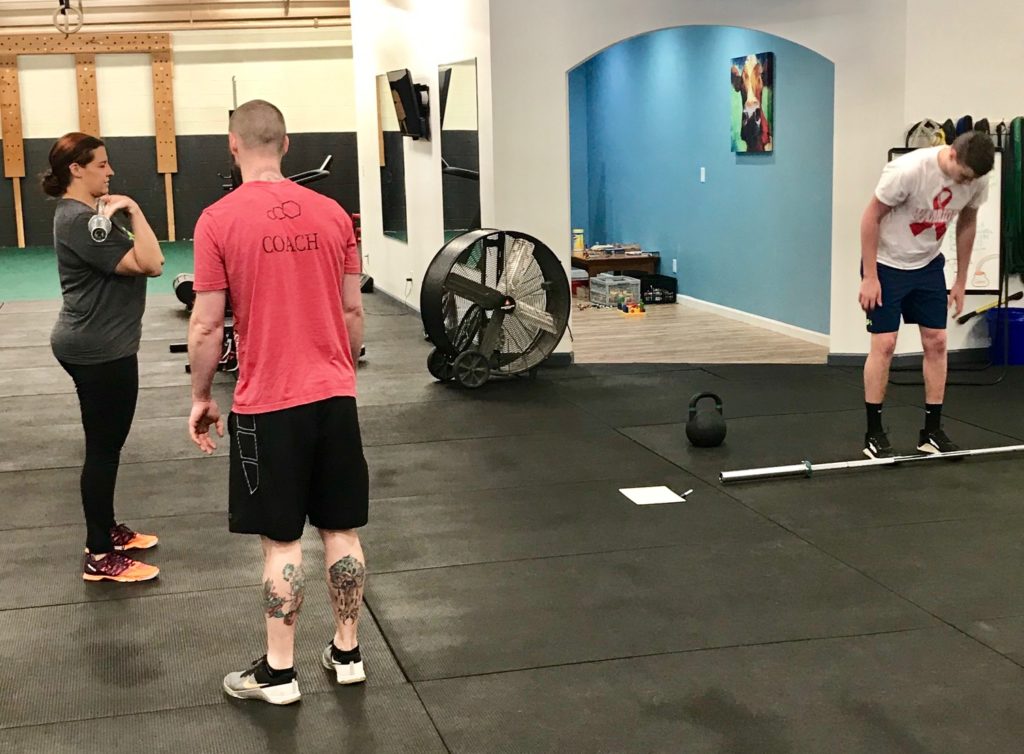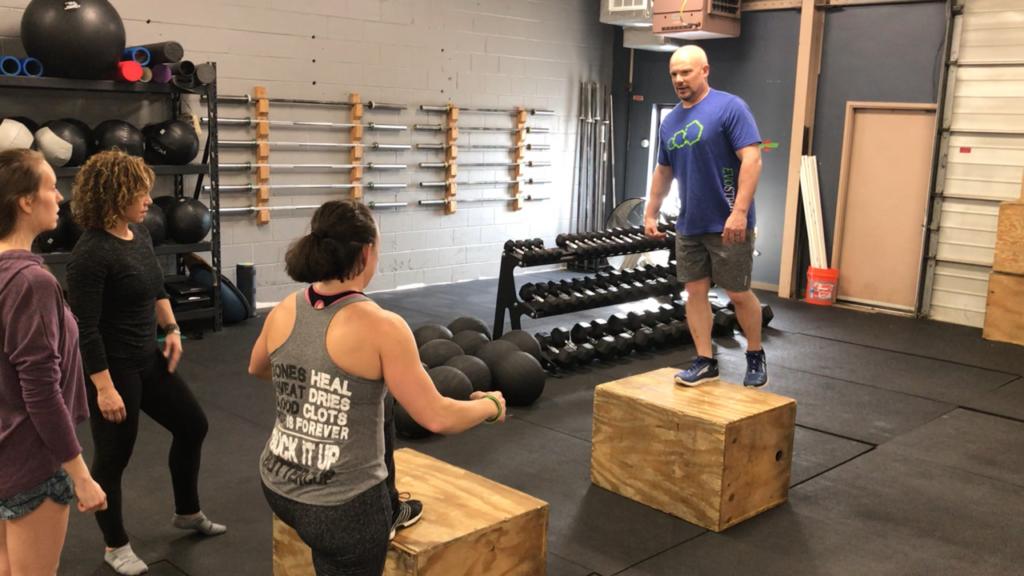In the world of fitness, finding and keeping good coaches or trainers can make or break your facility. They are the face and personality of your gym. And while their job can be very rewarding, it is also one that can be very stressful. And all that stress can lead to coaching burnout. As the owner of a gym, it’s very important to recognize the signs of coaching burnout in your staff.
But what exactly is coaching burnout? Why should you as an owner care about coaching burnout? And how do you recognize coaching burnout in your coaches or personal trainers? Because even if you don’t recognize it, I can guarantee that it’s still happening. So check out these signs to learn to identify this problem before it costs you memberships.
What is Coaching Burnout?
Basically, burnout is what happens when the stress associated with coaching becomes overwhelming. This results in a recognizable pattern of negative behaviors which greatly impact their effectiveness as a trainer. These are usually behaviors to cope with the emotional exhaustion, entrapment, and lack of accomplishment that characterizes burnout.

Why Should You Care About Coaching Burnout?
Burnout can affect coaches in any sport. But we at LSO deal with the sport of fitness itself. So we see it most often in the personal trainers and CFLv1 certified coaches that lead the classes in smaller functional fitness gyms. But if you won’t look for the signs of coaching burnout if it’s not important to you.
If you work at, own, or attend one of these kinds of gyms you know just how integral good coaches are to them. The owner themselves is usually responsible for recruiting clients and athletes to the gym or box. But retaining athletes is largely dependent on the quality of the coaches or trainers. And the departure of a good coach can be devastating to a fitness facility, as many athletes often leave with them.
What Are The Signs of Coaching Burnout?
Easy Irritability
Is one of your coaches more frequently upset with other staff? Maybe they snap at athletes that show up late for class. Perhaps they get overly upset when someone forgets to put equipment away after class. The exhaustion of burnout can often cause mood swings and irritability. Being easy to anger with minor annoyances can be a sign of this emotional exhaustion. But you could also see other signs of emotional overload such as unexpected tears and easy frustration.
Decreased Social Interaction
The social atmosphere of a gym with scheduled class times is very important. But maybe you’ve noticed that a coach has stopped participating in this side. They used to show up early and hang out after class, just chatting and interacting. But now they show up just in time for class, and they can’t wait to leave after. This sort of social withdrawal is a hallmark of burnout syndrome.
Skipping Shifts
Do you have coaches starting to call off of classes at the last minute? Maybe they simply reduce the number of classes they lead each week. Or perhaps your usually proactive coach stops volunteering to cover those extra sessions skills sessions. If they’ve had changes in their life like a new child or a new job, then it can be a totally normal and necessary adjustment. But these can otherwise indicate emotional exhaustion and withdrawal. Both of these are signs of coaching burnout.
Procrastination
When we find less fulfillment in an activity we tend to avoid it. One of the fundamental reasons we experience burnout is a lack of perceived achievement. Working hard for little emotional reward can really wear you down. The result can be an avoidance of further effort when minimal reward is expected. Your coaches may subconsciously avoid their duties until the last minute if they don’t seem to help advance their goals. If your coaches used to be conscientious about doing jobs on time, but now put them off until the last minute, it could be a sign of burnout.
Less Attentive
Over time, your athletes should get better at their movements and require less coaching. So as the athletes advance, you may notice the coaches can work on motivation more than form. But maybe you’ve seen the opposite happening. Are your coaches failing to correct bad form even when its obvious? Not every coach is a cheerleader, but if they seem apathetic during class it could be another sign of burnout. Maybe they need a little help and motivation from you as a way to refill their own gas tank!
Poor Self-Care
Many people that make it to the point of coaching and training athletes are very conscious of how they present themselves. In other walks of life, poor self-care can be seen in a lack of sleep, weight gain, and lack of hygiene or grooming. But in the world of personal fitness, it can often present in an opposite but still destructive manner. Disordered eating, over-training, excessive reliance on caffeine, and stimulant abuse are common ways that our coaches may deal with stress, anxiety, and their search for achievement.

How Can You Prevent Coaching Burnout?
Entire textbooks have been written on the subject of coaching burnout. (Trust us; where do you think Kristen got the idea for this article?). So there are plenty of resources out there for those who want to dig deep. And it really deserves its own article, which we will do soon.
But in the meantime, we have one major recommendation for preventing and managing coach burnout: Respect. Respect their time. Respect their expertise. And respect their goals. If you expect professional coaching, treat your coaches like professionals.
Respecting their time usually means paying them for it. You also need to respect their other obligations like their primary job or family. Their schedule at your gym should take those into account. Someone with a full-time job and kids can’t sustain split shifts at your gym in addition to all that.
You also need to respect their expertise and goals. They want to help people be better and feel better. As an owner, you can help that by providing professional development and engaging them in the management of their athletes. When your coaches know more, they can help clients achieve more. And that’s a win for everyone involved!
Works Referenced
Coaching Commitment and Burnout: A One Year Follow Up
Desperate to quit: a narrative analysis of burnout and recovery in high-performance sports coaching
Coach Burnout: A Scoping Review
Other Articles That Might Interest You
 How To Be A Better Fitness Coach
How To Be A Better Fitness Coach
How To Use A Mobility Assessment To Help Your Clients

